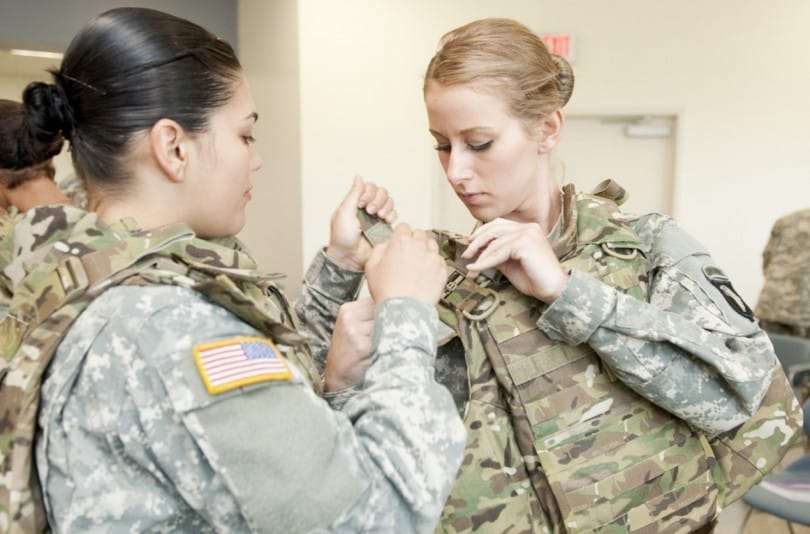The Volokh Conspiracy
Mostly law professors | Sometimes contrarian | Often libertarian | Always independent
Senate votes to extend draft registration to women - but they would have done better to end it for men

Earlier this week, the Senate voted to end sex discrimination in draft registration by requiring women to register for selective service, as well as men:
Under the Senate bill passed on Tuesday, women turning 18 on or after Jan. 1, 2018, would be forced to register for Selective Service, as men must do now. Failure to register could result in the loss of various forms of federal aid, including Pell grants, a penalty that men already face. Because the policy would not apply to women who turned 18 before 2018, it would not affect current aid arrangements.
"The fact is," said Senator John McCain, Republican of Arizona and the chairman of the Armed Services Committee, "every single leader in this country, both men and women, members of the military leadership, believe that it's fair since we opened up all aspects of the military to women that they would also be registering for Selective Services."
The bill is an understandable extension of last year's Pentagon decision making women eligible for virtually all those combat positions from which they were previously excluded. If women can now serve in almost every role in the military, there is no longer any plausible reason to discriminate on the basis of sex when it comes to draft registration. If Congress does not put an end to sex discrimination in this field, there is a good chance it will ultimately be invalidated by the courts, possibly as a result of one of the law suits challenging male-only draft registration currently making their way through the legal system.
But while the Senate's desire to end sex discrimination in military policy is commendable, they have chosen the wrong way to do it. It would be far better to end draft registration for both sexes than to extend it to cover women. That would simultaneously end one of the last vestiges of open sex discrimination in federal government policy, and free young Americans of both sexes from the potential imposition of forced labor. While we do not currently have a draft, the continued existence of mandatory draft registration makes it politically and administratively easier to reinstitute it in the future.
In addition to promoting liberty, a military staffed by volunteers rather than forced laborers is also likely to perform better on the battlefield and make generals and politicians more careful about wasting lives. Both men and women should be eligible to serve in the armed forces in any positions they are qualified for. But neither should be forced to do so. By abolishing draft registration for both sexes, Congress could simultaneously enhance gender equality, liberty, and national security. Hard to top that!


Show Comments (0)